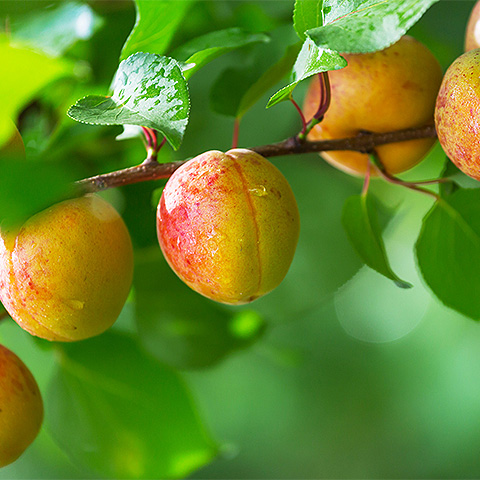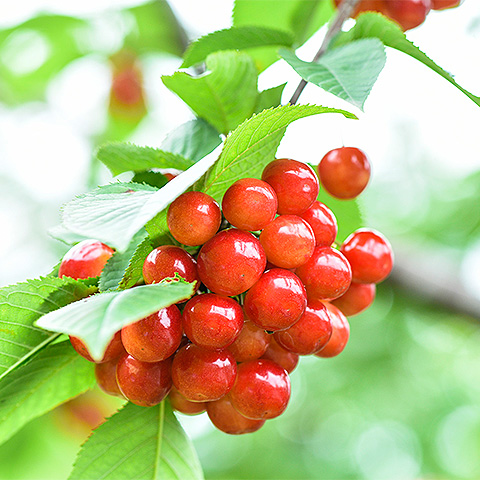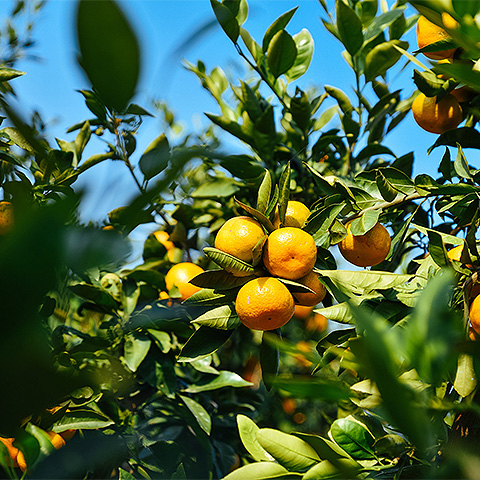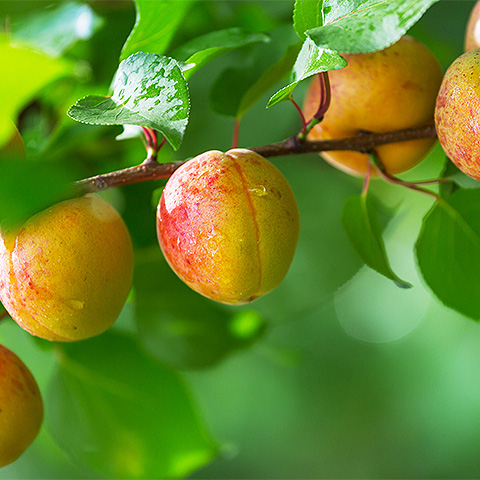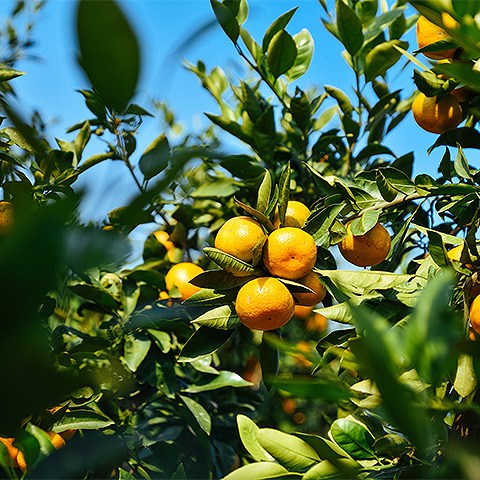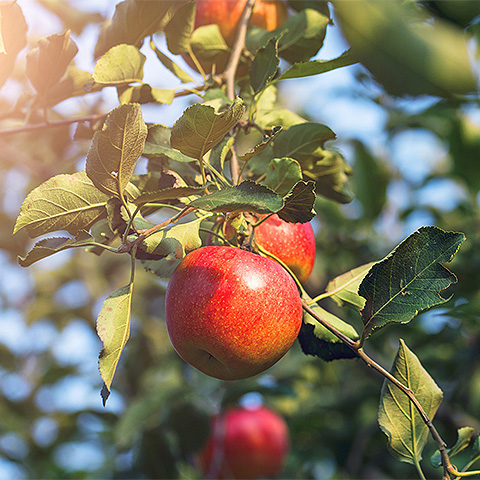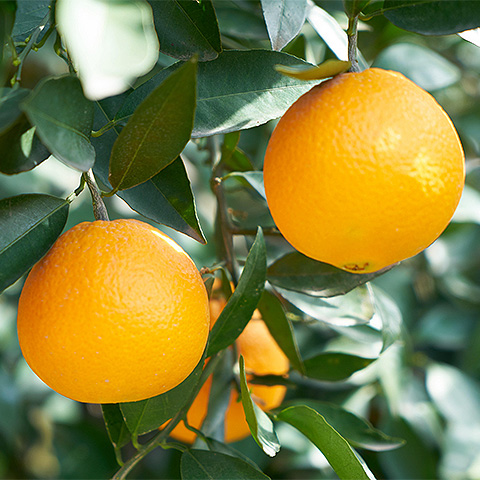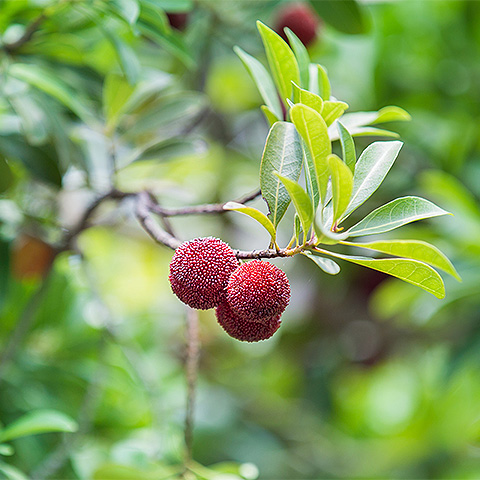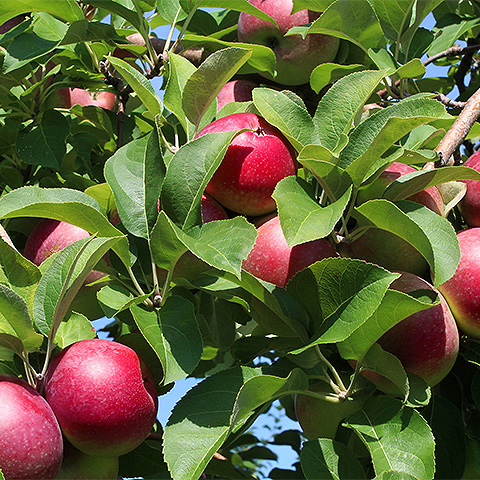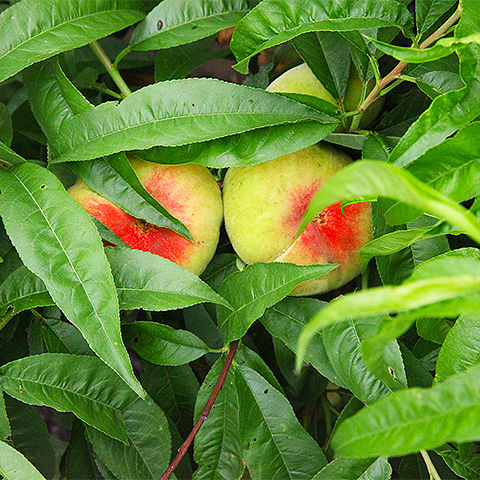Fruits are familiar and favorite to young children. When we focus on them, we will see that fruits contain rich educational resources: they are objects for observing the shape and characteristics, materials for hand-mouth consistent points and constructing the concept of size, mediums for dressing up the fruit family, contextual resources for song and dance performances and language expressions... In the learning of fruits, young children will acquire knowledge and experience closely related to the real situation of fruits. In the process of eating fruits, children will know how to peel fruits together, how to eat in a civilized manner, and in hands-on operations, they will know a variety of processing methods such as juicing and salads; in games, they will understand the relationship between fruits and pests; in reciting children's songs, they will distinguish which are fruit melons and which are vegetable melons. The knowledge and experience learned in interesting life-like situations are vital. The future society is diverse, open, and rapidly changing. Solving problems and completing tasks is just one way. Therefore, what is needed is not people who memorize ready-made knowledge, but people who can apply it according to actual conditions. In order to adapt to the future society, young children need to learn living knowledge and experience. The knowledge and experience they acquire in the contextual, life-like, and diverse community will help them adapt to the future society and better survive, learn and develop.
Service phone:400-123-4567 400-123-4567 / 13988889999
- Online communication:
- Contact



